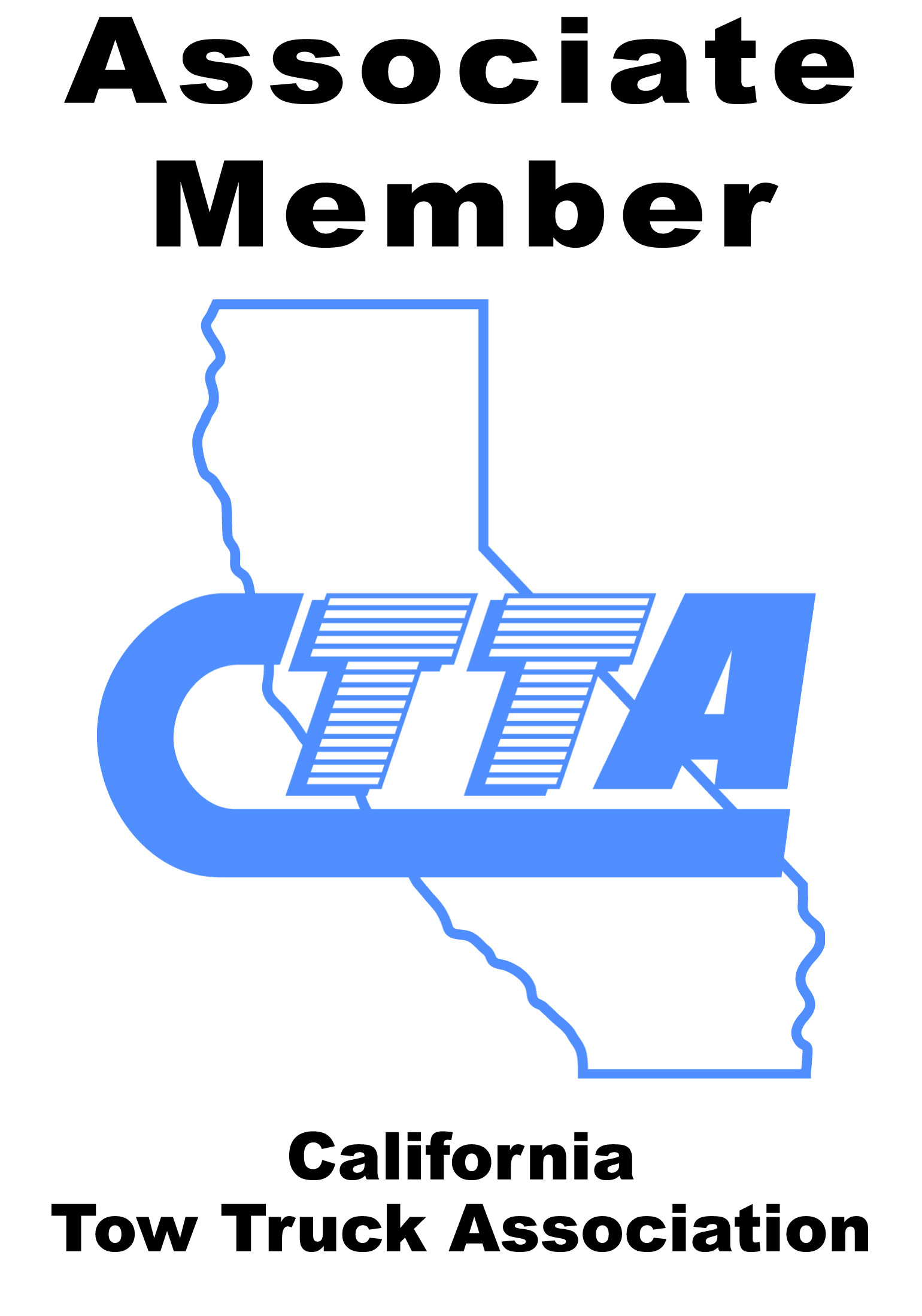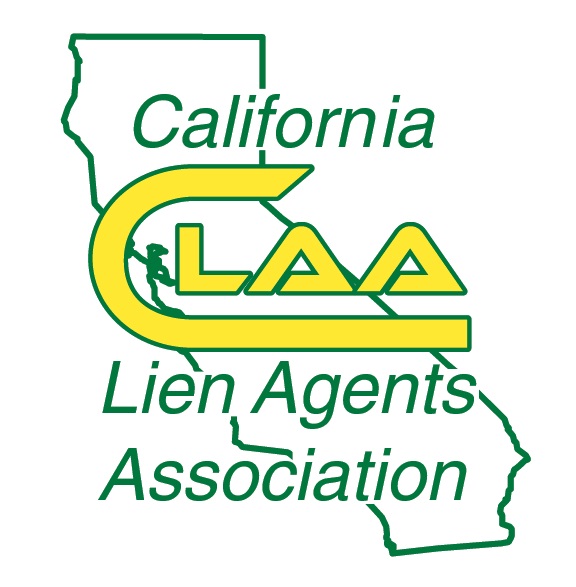Associate Member
Before starting, we want you to know that we understand the confusion and concern facing Self-Storage Facilities trying to dispose of abandoned vehicles or vessels. ASAP Lien Sales will make every effort to keep you informed on what can and cannot be done. You can rest easy, we know how to get the job done, fast and efficiently.
What is a lienholder?
A lienholder is a person or entity who has interest in a vehicle or vessel due to storage, repairs, and/or towing costs.
When can you begin a lien sale?
From the last billing, Vehicles--you have 30 days to file for a lien, Vessels--you have 60 days to file a lien. However, you must start the process within 15 days of the last billing for storage to continue past the first 15 days, storage can begin again after you start the lien process.
How do you know what type of lien you need to file? (under $4000, over $4000 etc.)
All lien sales for a self-storage facility must be run as an over $4000 for vehicles and over $1500 for vessels or vehicles (long liens).
What we will you need from you?
1. We will need some basic information about you, and your storage facility.
2. Name and address of the person(s) on the storage contract.
3. Date of possession (original contract date).
4. Date of the last billing (must be within the last 30 days for vehicles - 60 days for boats).
5. Your posted storage rate.
6. The year, make, model, license number (if any), and vehicle ID (vin). If a motorcycle or ATV, we will need an engine number. For vessels, the -CF- number or the hull number, builder, type (fiberglass, wood, steel, aluminum), And Length. If the vessel has a trailer we will also need the Vin and license numbers.
7. Possession of the Vehicle/Vessel. Loss of possession immediately stops your lien. Moving the vehicle to another location also stops your lien.
How long does it take to complete a lien sale?
Vehicles over $4000 and boat over $1500 (lien sale), approximately 90 to 120 days.
Who determines the value of the vehicle?
Because all Self-Storage liens are over $4000. (vehicle) and over $1500 (vessel), no determination of value is necessary.
What if there is a legal owner of the vehicle?
The legal owner must be notified within 15 days for storage charges to continue. If they are not notified before the 15 days, the legal owner can only be charged for the first 15 days and then commencing again three days after written notice has been sent to them. Special Note: The California Department of Justice requires all vehicles/boats stored for 30 days be reported to them. It is possible a legal owner or the police is looking for them. ASAP Lien Sales can provide this service if needed.
What if someone stops (opposes) your lien sale?
If you are notified by the California Department of Motor Vehicles or by a representative of ASAP Lien Sales that a valid Declaration of Opposition has been received, you have the following options:
1. Obtain a release of interest from the opposer.
2. File a court action against the opposer within 30 days, and receive a judgment in your favor.
3. Determine that the opposer cannot be served at the address indicated on the Declaration of Opposition (You will need documentation from a process server or Marshall to proceed with your lien sale).
Regardless of which of the three options you pursue, a DMV authorization to continue will be required before you can proceed with your lien sale. Therefore, we advise you to forward any and all documentation you receive regarding an opposed lien sale to our office. We will need to file your documents with the California Department of Motor Vehicles so that we may receive the appropriate continuation documents on your behalf.
Can you conduct a lien sale on a vehicle located out of state?
No. If the vehicle in your possession has California license plates and you are out-of-state, you must follow the lien sale laws of that state. However, if the vehicle in your possession is located within California, we can lien it even if the vehicle is registered out-of-state.
What do you do with the personal property in the vehicle?
No lien shall attach to any personal property in the vehicle. The personal property in or on the vehicle shall be given to the current registered owner upon demand (personal property does not include wheels, radios, speakers or anything attached to the vehicle). The lienholder shall not be responsible for personal property after the lien sale date.
What do you do on the day of sale?
The vehicle must be available for inspection at least one hour prior to sale. A lien sale is a public sale and anyone with an interest, including the the general public or those claiming an interest in the vehicle, are welcome to attend and bid on the vehicle. Bidding generally starts at what is owed - sealed bids are not allowed.
What happens after the lien sale?
Sign and date all lien sale documents and deliver them to the purchaser at the time of sale. The purchaser is granted FIVE days to submit a completed and signed set of lien sale documents to any authorized California Department of Motor Vehicles field office.
What if you sell the vehicle for more than you are owed?
If you sell the vehicle for more than you are owed, you must remit any excess monies received to the Department of Motor Vehicles, Lien Sale Section, 2415 1st Ave., Sacramento, CA 95818 for deposit into the Motor Vehicle Account, State Transportation Fund. Remit with a completed copy of the Certificate of Lien Sale.
© Copyright 2009-2024 ASAP Lien Sales - All Rights Reserved
What if your customer pays part of their bill?
Accepting any amount of money from your customer will invalidate your lien! Once you accept any money from your customer, the lien sale is canceled.
Please Note: No owners or persons employed by ASAP Lien Sales are licensed to provide legal advice. The information provided here should be treated as an aid to understanding the law concerning vehicle lien sales in the State of California. If you have questions concerning the law or your rights, we advise you to seek legal advice from a licensed professional.
What ASAP Lien Sales will do for you.
We will supply all documents and DMV fees necessary to apply for the Authorization to Conduct a Lien Sale. We will notify all registered and legal owner(s) and known parties of interest of the pending lien sale. We will run the required newspaper advertisement (cost of the ad is additional), and we will notify you of the sale date and provide all final lien sale documentation for transfer of title, or salvage, approximately 12 days prior to the sale day.
Do you have to register the vehicle after the sale?
NO, the lien sale documents do not expire, however, DMV fees will continue to accrue. If the vehicle registration expired while in your possession and you are a dealer, lessor retailer, garage, or operator of a towing service and you sell the vehicle, the buyer has 20 days from the lien sale date to pay fees without penalty, or pay a transfer fee and a planned non-operation fee. Otherwise, a planned non-op must be filed prior to the vehicle expiration date or penalty fees are due. If the vehicle came into your possession with an expired registration, the buyer must pay all back registration fees and penalties. If the vehicle is sold to a licensed junk, scrap, or wrecking facility, all fees and penalties are waived.
Simply, prior tickets for parking violations and vehicular infractions are not the buyer's responsibility. If the vehicle comes into your possession with expired registration, the buyer will be required to pay the fees and the penalties to properly register the vehicle. If the vehicle registration expired while in your possession, the buyer can usually pay the fees without paying a penalty if registered within the allotted time.
When does ASAP want me to file the lien?
From the time of the last billing, you must start the process within 15 days for storage to continue, storage can begin again after you start the process. To be on track, we would like to see the order on or before the 10th day.
How much storage can you charge?
Storage rates are not regulated by the State of California. If you are a business who makes it a practice to regularly store vehicles, your daily storage rate should be clearly posted within your customer's view. A lien sale for a storage facility will typically provide you with no more than 120 days of storage at your posted rate, starting from the date of the last billing. If you are owed for storage for previous months: After the vehicle is sold or disposed of, you may be able to file a deficiency suit against the owner(s) for prior months storage and any deficiency from the disposal of the vehicle/vessel.
Special Note: Because daily storage rates for most storage facilities are so low, you might consider an acceleration clause in your contracts to raise the daily rate upon default. Consult your attorney for legal advice.
This page was last updated: December 2, 2025
Can someone stop the lien sale?
YES. Any person known to have an interest in the vehicle may stop your lien by filing a Declaration of Opposition with the California Department of Motor Vehicles within the time frame allowed by law (Typically within 10 day after DMV has received an application to file a lien.) A Declaration of Opposition is (and must) be included when the DMV notifies all Registered Owners, Legal Owners and Interested Parties.
Self Storage Facilities
510.799.2667
Open Mon-Fri 9Am-5Pm
510.799.1456 Fax



